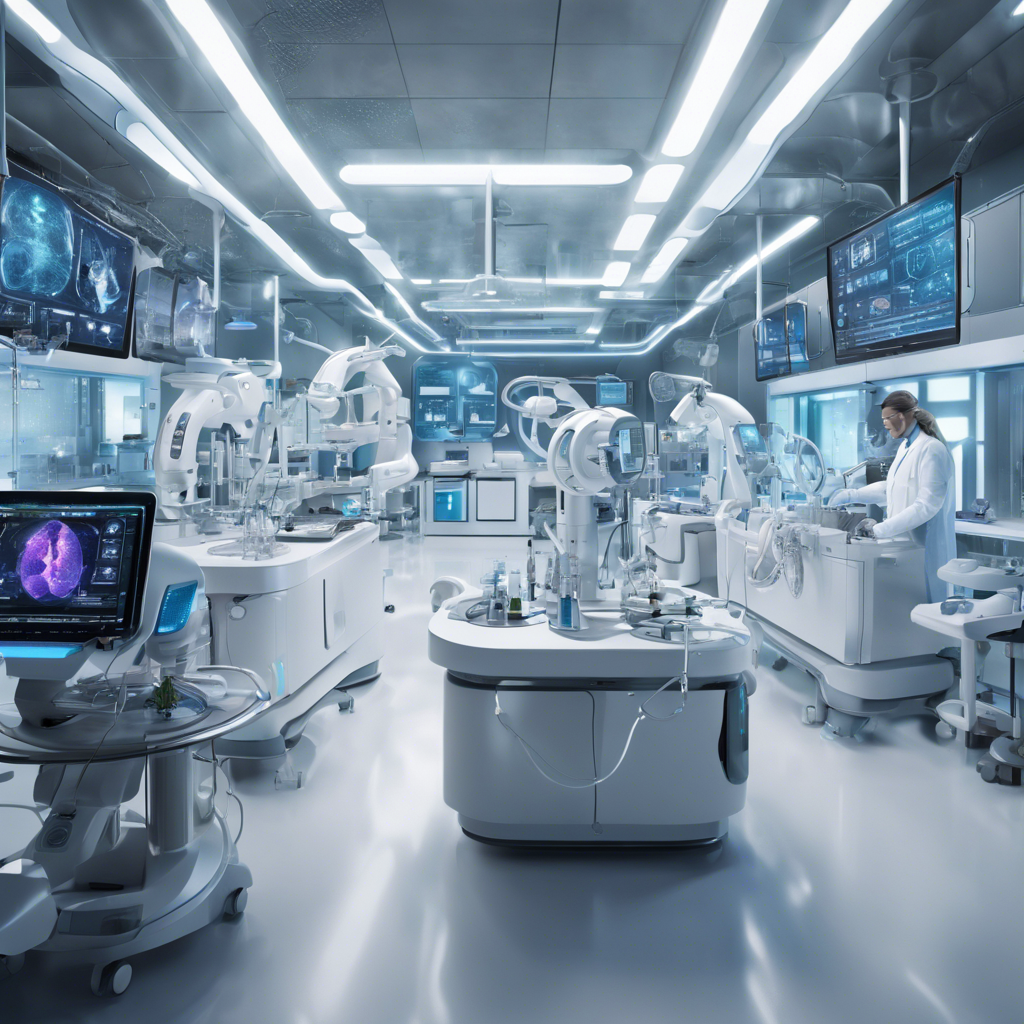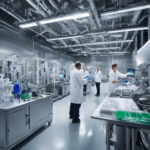The biotechnology industry has undergone significant transformations in recent years, driven by the convergence of digital health and biotechnology. This convergence has given rise to a new era of personalized medicine, where technology and biology intersect to improve human health (1). According to a report by Deloitte, the global biotechnology market is expected to reach $775.9 billion by 2025, with digital health technologies playing a crucial role in driving this growth (2). The integration of digital health and biotechnology has led to the development of innovative products and services, such as mobile health apps, telemedicine platforms, and wearables, which are revolutionizing the way healthcare is delivered and consumed.
Key Trends Shaping the Future of Biotechnology
The convergence of digital health and biotechnology is driven by several key trends, including:
- Artificial intelligence (AI) and machine learning (ML) in biotechnology, which enable the analysis of large amounts of data to identify patterns and make predictions (3)
- The Internet of Medical Things (IoMT), which refers to the network of medical devices and sensors that collect and transmit health data (4)
- Personalized medicine, which involves the use of genetic information and other data to tailor medical treatment to individual patients (5)
- Remote patient monitoring, which enables healthcare professionals to track patient health remotely and intervene early to prevent complications (6)
These trends are transforming the biotechnology industry, enabling the development of new treatments and therapies, and improving patient outcomes.
The Impact on Human Resources and Hiring
The convergence of digital health and biotechnology is also having a significant impact on human resources and hiring in the biotechnology industry. As the industry becomes more digital, companies are seeking professionals with expertise in areas such as data science, AI, and software development (7). According to a report by Indeed, the demand for data scientists and engineers in the biotechnology industry has increased by over 50% in the past year (8). This shift requires biotechnology companies to reevaluate their hiring strategies and invest in training programs to upskill their existing workforce.
Business Opportunities and Challenges
The convergence of digital health and biotechnology presents significant business opportunities, including:
- New revenue streams through the development of digital health products and services
- Improved patient outcomes and increased efficiency in healthcare delivery
- Enhanced competitiveness through the adoption of innovative technologies
However, there are also challenges to be addressed, including:
- Regulatory frameworks that are still evolving and often unclear
- Cybersecurity risks associated with the use of connected medical devices and electronic health records
- Ensuring the integrity and quality of health data, which is critical for informed decision-making
Companies that can navigate these challenges and capitalize on the opportunities presented by the convergence of digital health and biotechnology are likely to thrive in this new era (9).
References:
(1) National Institutes of Health. (2020). The Future of Biotechnology.
(2) Deloitte. (2020). 2020 Global Life Sciences Outlook.
(3) IBM. (2019). Artificial Intelligence in Biotechnology.
(4) Gartner. (2020). Internet of Medical Things.
(5) Personalized Medicine Coalition. (2020). Personalized Medicine.
(6) Healthcare Information and Management Systems Society. (2020). Remote Patient Monitoring.
(7) Biotech Career Coach. (2020). The Future of Biotech Jobs.
(8) Indeed. (2020). Data Scientist and Engineer Demand in Biotechnology.
(9) McKinsey & Company. (2020). The Future of Biotech.


